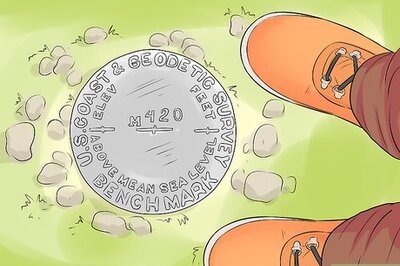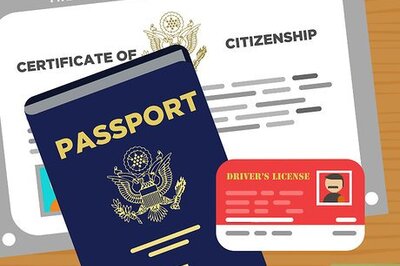
views
The Pennsylvania Department of Health reported that one confirmed human case of Eastern Equine Encephalitis was recorded last year. According to a story published in The Morning Call, in the United States alone, an average of seven human cases of Eastern Equine
Encephalitis or EEE are reported annually by the Centers for Disease Control (CDC). Notably, the EEE is a mosquito-borne disease much like dengue, malaria, chikungunya and Zika that affects humans.
According to a Boston Globe report, four people in Massachusetts have been infected with EEE since August with a woman dying from the disease as well. According to ABC News, there have also been three suspected cases in Michigan.
According to CDC, EEE is a rare but serious disease caused by a virus that has a cycle that begins by infecting birds that live in freshwater swamps and other areas and is then spread bird to bird by infected mosquitoes. If a mosquito infected with EEE bites a horse or human, the animal or person can become unwell. Only a few cases are reported in the United States each year, says CDC, adding that most occur in eastern or Gulf Coast states. Approximately 30% of people with EEE die and many survivors have ongoing neurologic problems.
Notably, cases of getting infected with EEE are highest from late July through September, when mosquitoes are very active. It is a mosquito-borne disease and cannot be spread by humans or other animals.
EEE becoming extremely rare has not any discernible symptoms.
According to the CDC, the initial symptoms of EEE are high fever, stiff neck, headache and lack of energy. The symptoms can show up anytime between three to 10 days after someone is bitten by an infected mosquito. The symptoms last for one to two weeks and patients can expect complete recovery.
However, a small percentage of EEE patients develop more serious symptoms including encephalitis.
Notably, Encephalitis is inflammation of the brain, and can eventually transition from causing a fever, headache, drowsiness, and vomiting to a coma.
According to CDC, blood or spinal fluid of a patient must be sent to a laboratory and examined for genetic evidence of the virus to get a proper diagnosis.
Unfortunately, there is no treatment and hospitalisation is necessary for those developing more serious symptoms.
Furthermore, the best way to protect oneself from EEE is to get protection from mosquitoes.




















Comments
0 comment